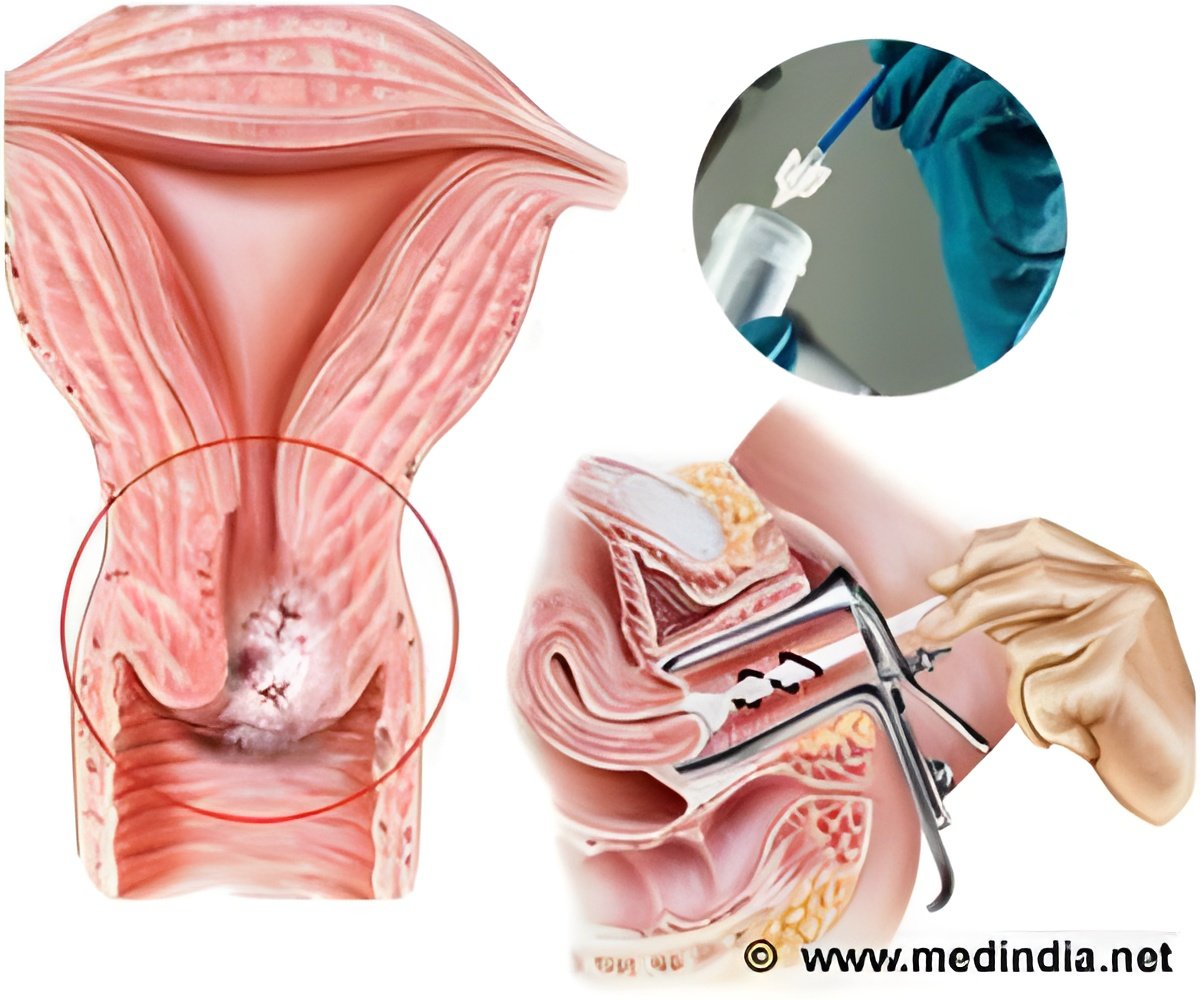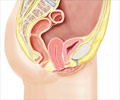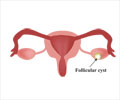Pelvic examination done manually by gynecologists using their hands to feel around for potentially cancerous masses is not required for most women, a leading doctors' group said Monday.

However, a systematic review of previously published research from 1946 to January, 2014 to has shown that when it comes to the manual pelvic exam, the risks outweigh the benefits, said the findings in the Annals of Internal Medicine.
"Routine pelvic examination has not been shown to benefit asymptomatic, average risk, non-pregnant women," said co-author Linda Humphrey.
"It rarely detects important disease and does not reduce mortality and is associated with discomfort for many women, false positive and negative examinations, and extra cost."
The pelvic exam occurs when the doctor inserts his or her fingers in the patient's vagina, then uses the other hand to feel the outside of her abdomen for bumps or masses.
Rather than doing a pelvic exam for every woman, doctors should limit it to women who have symptoms such as vaginal discharge, abnormal bleeding, pain, urinary problems or sexual dysfunction, said the ACP.
Advertisement
Laura MacIsaac, associate professor of obstetrics, gynecology and reproductive sciences at Icahn School of Medicine at Mount Sinai Hospital in New York, said the study was important but would not lead to sweeping changes in practice.
While the pelvic exam is just one component of an annual gynecological checkup, it can make women uncomfortable and may cause them to get unnecessary tests, she said.
MacIsaac, who was not involved in the drafting of the guidelines, said more study is needed to compare outcomes among women who get pelvic exams and women who don't.
In the meantime, she views the release as part of a larger movement toward including wellness tips in doctors' visits, and away from solely searching for disease.
"There is science behind shifting what we spend our time on. There is so much more to be done on healthy lifestyles, sexual health, weight management, exercise, bone density," she told AFP.
Source-AFP











